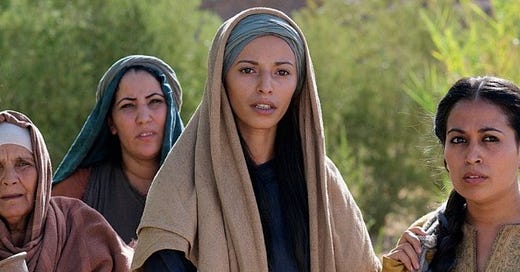The First Witnesses
Reflecting on The Resurrection of the Lord: Three Days after Easter Day (Year C)
Scripture
Psalter: Psalm 118:1-2, 14-24
Old Testament: 2 Samuel 6:1-15
Gospel: Luke 24:1-12
___
Prayer
Living God, long ago, faithful women proclaimed the good news of Jesus’ resurrection, and the world was changed forever. Teach us to keep faith with them, that our witness may be as bold, our love as deep, and our faith as true. Amen.
___
Reflection
Now it was …
Keep reading with a 7-day free trial
Subscribe to Faith Seeking Understanding to keep reading this post and get 7 days of free access to the full post archives.




